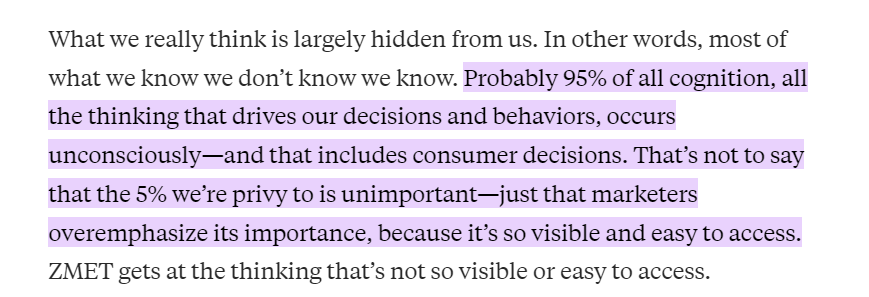Summary:
The subconscious mind is an intricate aspect of thought that plays a significant role in shaping our actions and choices, often without our awareness. While we have insight into a fraction of our processes, it is believed that approximately 95% of our cognitive functions—such as thoughts, decisions, feelings, and behaviors—are influenced by the subconscious mind. This profound layer of the psyche operates persistently, guiding us through tasks and impacting our responses in ways that may not be readily apparent.
Intuitive processes are within the realm of the mind. For instance, you may reach your destination without recalling every detail when driving a route. This occurs because the subconscious mind takes charge of driving duties, allowing your conscious mind to focus on activities like pondering or daydreaming. Likewise, our emotional reactions to triggers are often shaped by mechanisms rooted in past experiences or deeply ingrained emotional patterns.

One notable benefit of the mind is its capacity to process information swiftly and effectively without being hindered by analysis or reflection.
The ability to process information quickly enables us to respond promptly to our surroundings, allowing for decision-making that can be just as accurate, if not more so, than decisions made consciously. However, this rapid processing speed does come with a trade-off regarding adaptability and control; the unconscious mind may struggle to adjust to information or reconsider choices once they’ve been mad.
Exploring the realm of the mind holds value in enhancing personal habits and behaviors. Given that a significant portion of our actions are driven by processes, mastering the ability to influence these automatic behaviors can lead to more impactful changes in behavior. Strategies like repetition, exposure to environments, and setting intentions can aid in reprogramming the unconscious mind. For example, by linking an activity with positive outcomes, we can train our unconscious mind to initiate that activity without conscious effort.
The influence of the unconscious also plays a role in fostering creativity and problem-solving skills. During moments of relaxation or distraction, the subconscious mind sifts through details and relationships, paving the way for bursts of insight or ‘aha’ moments. This implies that giving ourselves space from problem-solving allows the subconscious mind to actively work on solutions behind the scenes, often leading to fresh ideas and resolutions beyond what our conscious awareness could achieve. Furthermore, the subconscious mind plays a role in shaping how we behave in settings. It picks up on cues and adjusts our actions without us even realizing it. This ability is crucial for navigating situations and maintaining relationships. However, if left unchecked, it can also reinforce biases and stereotypes. By becoming more mindful of these processes, we can work towards combating biases and promoting more inclusive and unbiased perspectives.
Recent studies in neuroscience and psychology are shedding light on how the mind functions and interacts with our thoughts. Technologies like MRI (fMRI) enable researchers to observe the brain’s activity and comprehend how unconscious processes influence our behavior.
In summary, although much of our activity occurs beneath our awareness, harnessing the power of the subconscious can enhance decision-making, improve habits, stimulate creativity, and enhance our understanding of social interactions. As we delve deeper into this hidden aspect of cognition, we will likely discover methods to shape it, leading to significant advancements in mental well-being, personal growth, and social dynamics.

